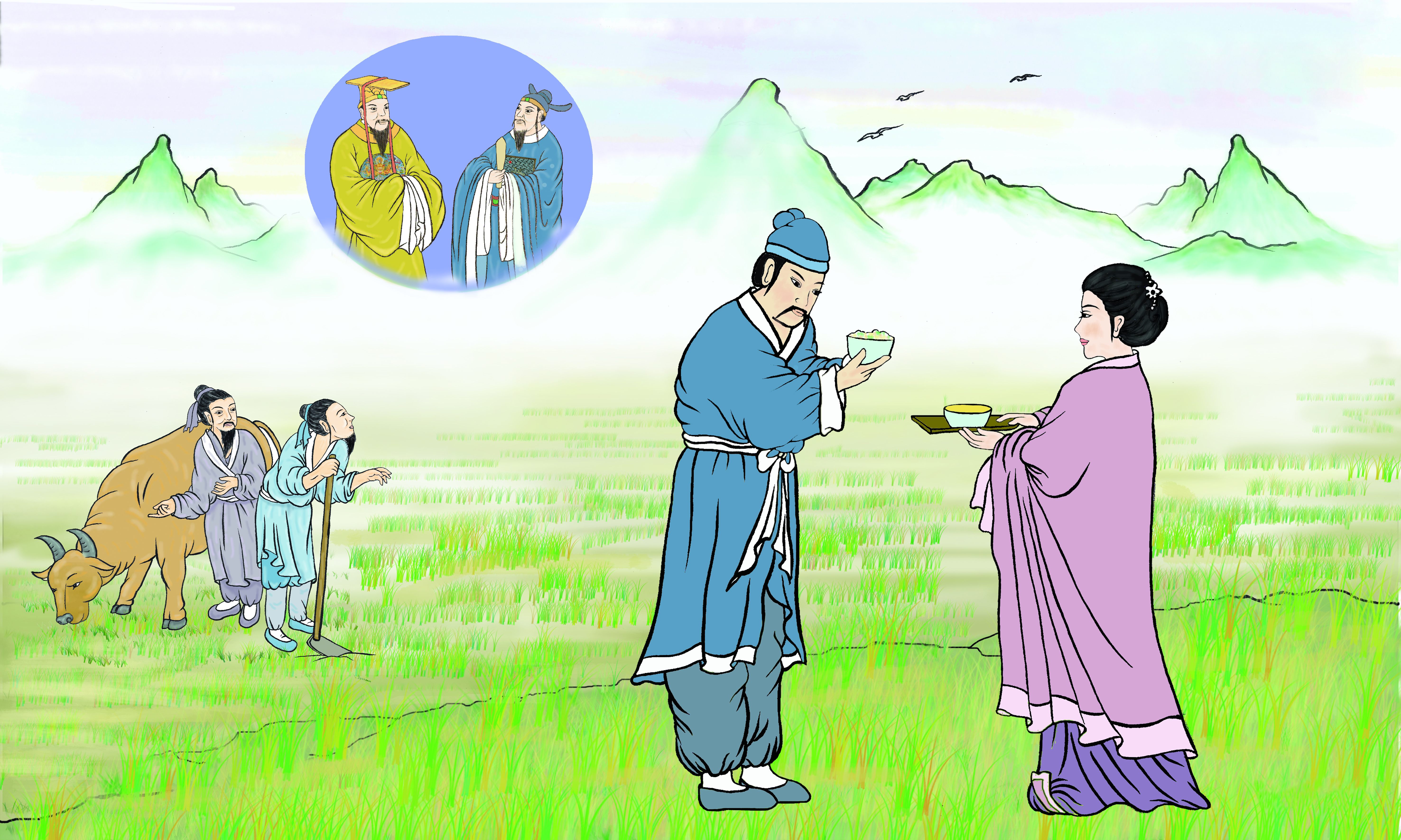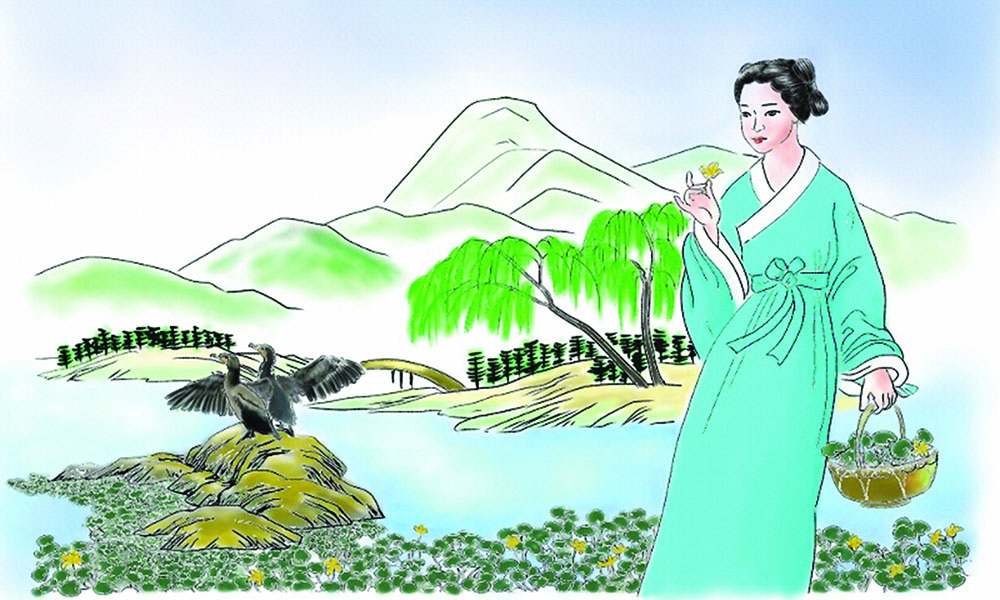
Doing Business, Confucian Style
Traditional Confucian values — “benevolence, righteousness, propriety, wisdom, and trust” — sound like rather staid notions, more suitable for a refined scholar of literature than a go-go entrepreneur. But cases abound through Chinese history of Confucian businessmen, who built vast commercial empires relying on those ideas. Take the case of Hu Xueyan, a banker who































